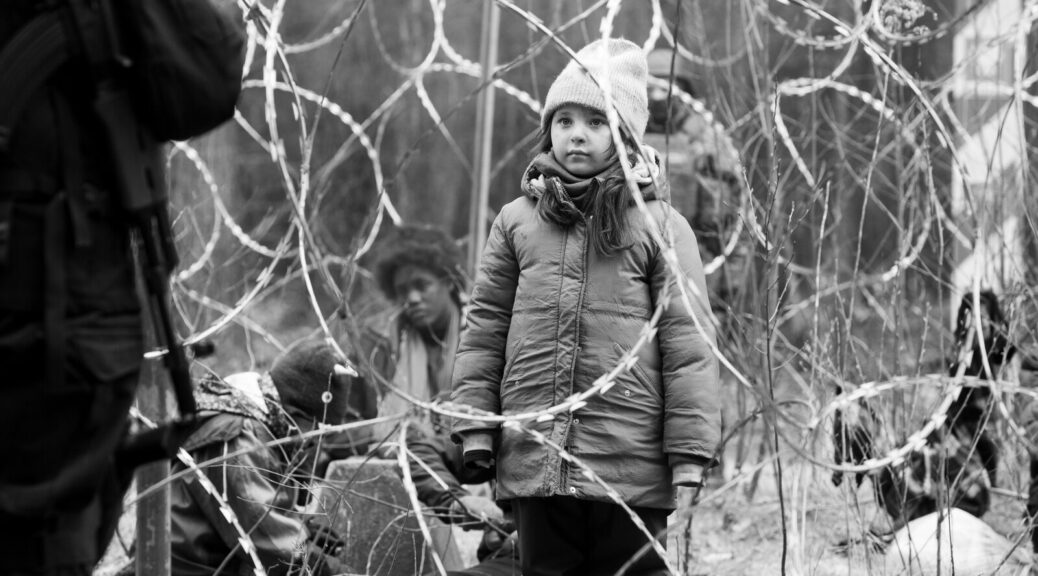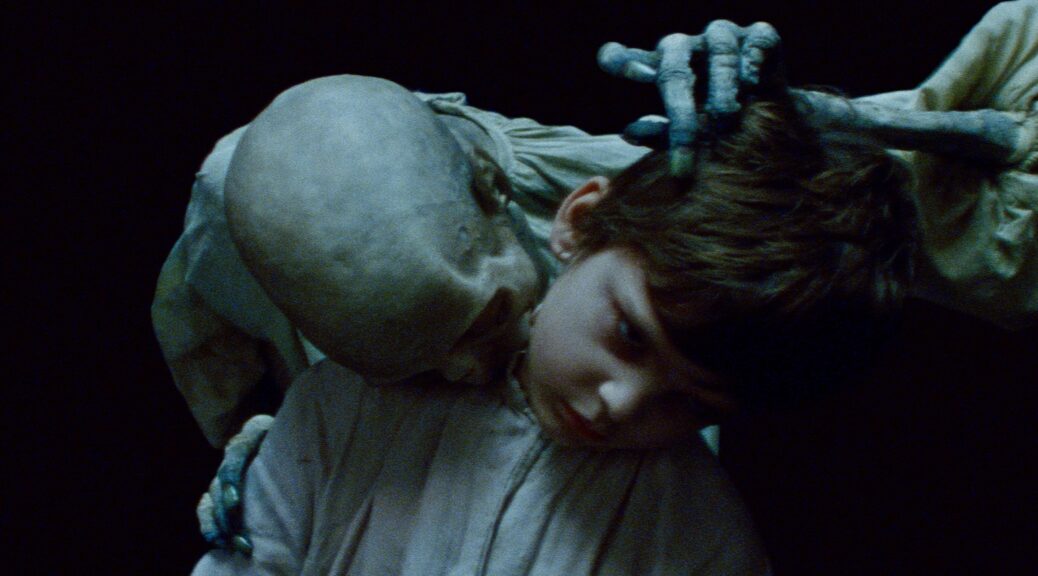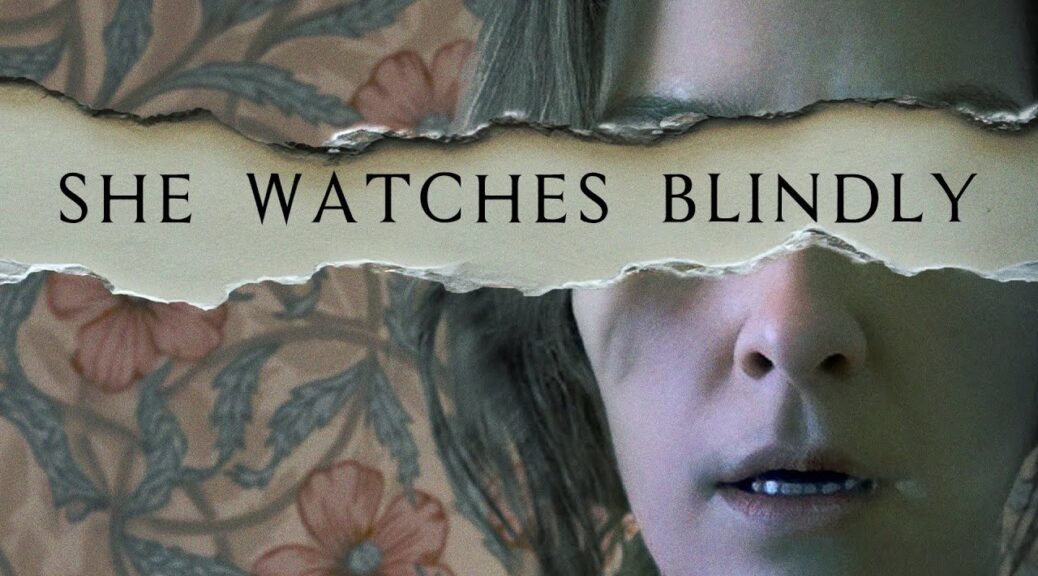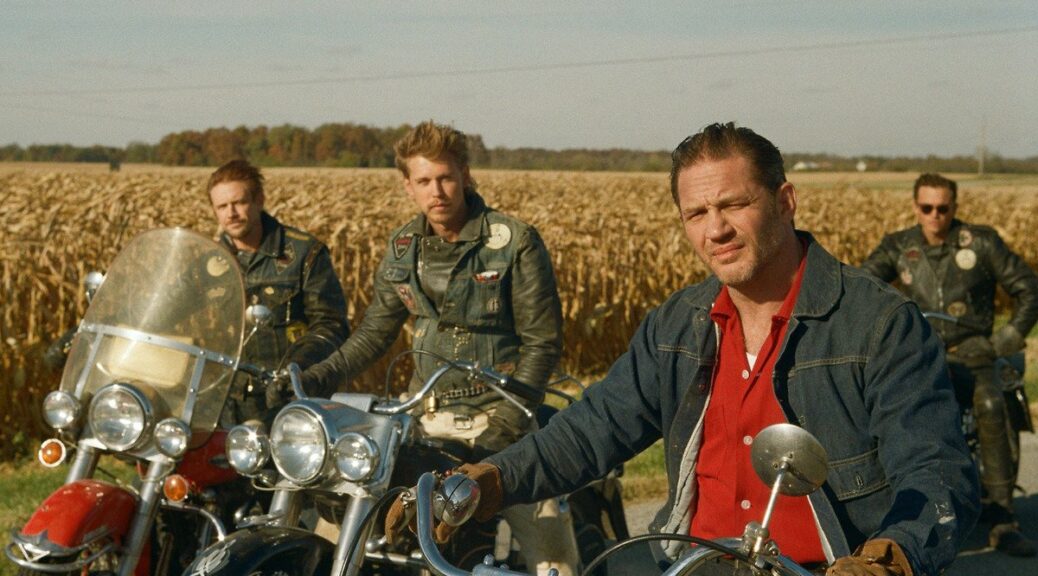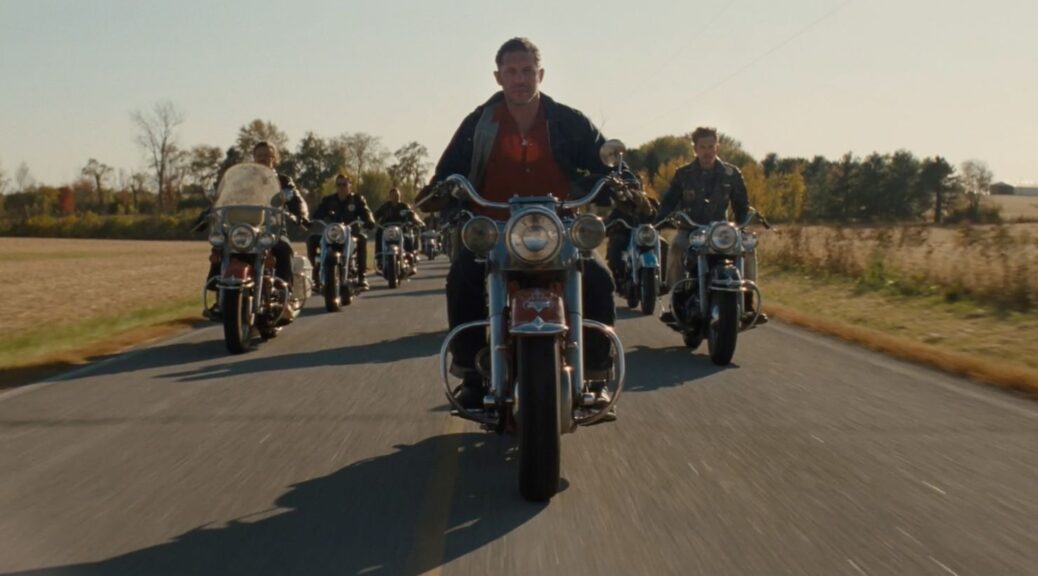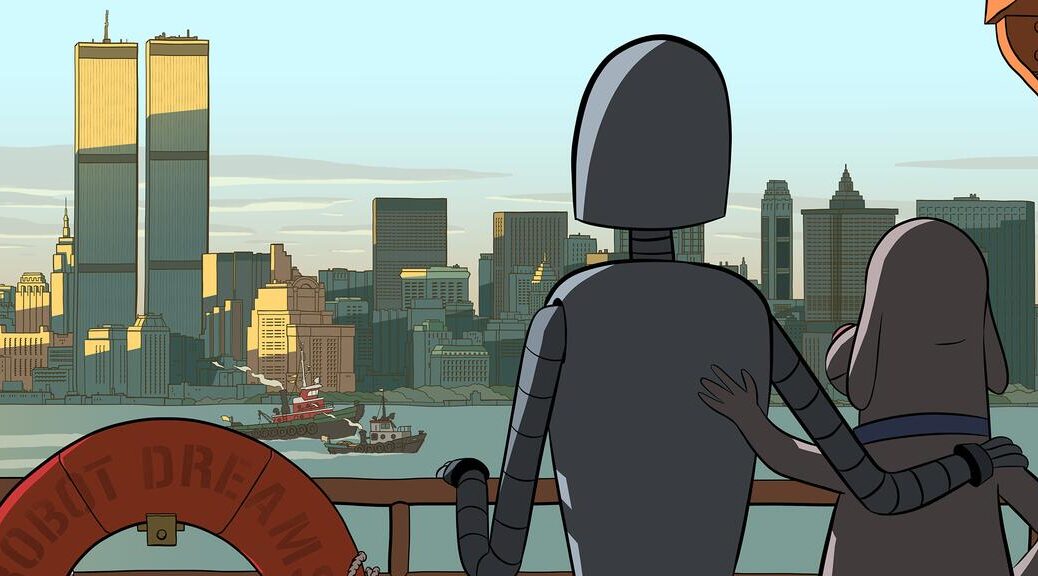Green Border
by Christie Robb
Mr. Rogers was famous for advising children in the face of a crisis to “Look for the helpers.” And that’s a great line. Great advice for children. But adults need to look at the shitty policies and bad actors, too. Because, unlike children, adults tend to be in a better position to enact positive change. To become helpers. But, first, they need to see what’s going wrong. And Agnieszka Holland’s Green Border is an invitation to stare directly into a Big Wrong.
Over thirty years since Europa Europa, Holland provides us with an opportunity to stare down another humanitarian crisis. But this time it’s not Nazi Germany, not a historical atrocity safely in the distant past. This time, Holland sets her sights on contemporary abuses.
The film opens on a commercial jet flight. A family of six is on their way to reconnect with a relative in Sweden—mom and dad, daughter and son, infant sibling, a doting grandpa. Their concerns seem limited to who gets the window seat and if the infant can be pacified before fellow passengers start glaring.
Then, they land in Belarus and it all goes to shit.
Because these aren’t tourists. They’re refugees fleeing Syria, lured by propaganda put out by Belarus’s dictator Alexander Lukashenko promising emigrants an easy passage through his country to safety and asylum in Europe. This safe passage was a lie, apparently designed to fuck Europe over after being hit by sanctions for his “election.”
Nobody wants these people who were already living life in extremis—some in refugee camps, some fleeing ISIS, some in danger of execution for loving the wrong person.
The Belarussians don’t want them. Neither do the Poles. The border guards on both sides being fed rumors that all the migrants are “living bullets” designed to destabilize their respective countries. And while, yes, some of the migrants may be dangerous people just like in any group of humans, these rumors allow the guards to dehumanize migrants at large. Sending them at gunpoint back and forth across the forested, swampy “green border” between the two countries.
Separating families. Tossing pregnant people over razor-wire fences. Giving thermoses of water mixed with broken glass to folks dying of thirst.
The Syrian family and other refugees they meet along the way are treated to a nightmare game of keep away where what is being kept away from them is their freedom, health, dignity, and—all too often—their lives.
Green Border is a narrative film that slaps human faces on the grim statistics of the migrant crisis. But it’s based in extensive interviews the director and writers conducted. It explores the perspective of the refugees, and also the border guards and human rights workers.
It’s edge-of-your-seat cinema. Technically magnificent. Award-winning. Unforgettable. Devastating.
Relentlessly depressing, it is not without poignant moments of hope and connection. Because there are helpers. Even if their numbers are currently far too few. We can do better, humanity. We have got to do better. But it starts by looking.
